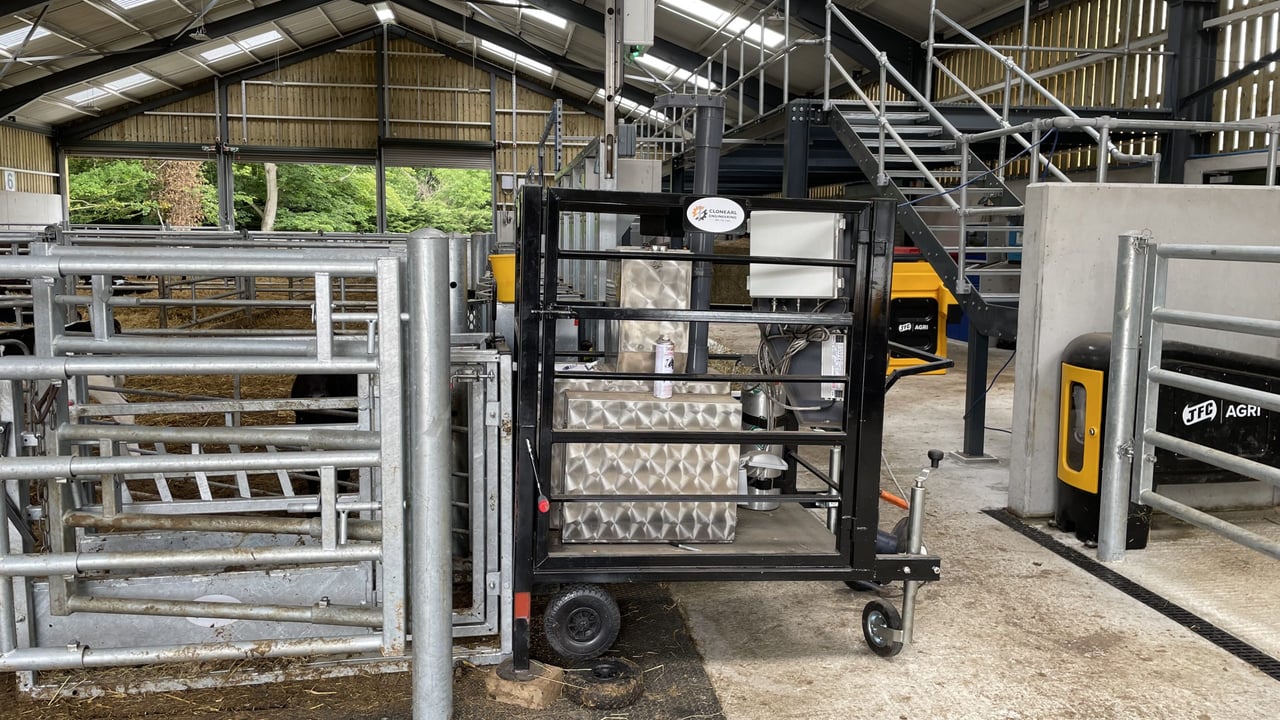Advantage Beef Programme


This research is being supported by the agri-industry, and Agriland recently travelled to University College Dublin (UCD) where a first-of-its-kind research trial is currently underway at UCD's calf research facility - supported by ABP Food Group.
At the facility, early-life methane emissions from calves bred off the dairy herd are being measured using a GreenFeed bin.
The topic of methane emissions from cattle often generates significant debate amongst farmers, and much is still unknown about the levels of methane produced by cattle at their various differnt life stages.
Speaking to Agriland recently, professor of ruminant nutrition at the UCD School of Agriculture and Food Science, Tommy Boland explained why livestock methane research is relevant from both a performance and environmental perspective.
He said: "Firstly, methane is an energy loss in the animal system. So depending on the type of diet and depending on the stage of the life of the animal, somewhere between 5-9% of the energy the animal consumes is lost as methane.
"If you go back 50 or 60 years ago when people were researching methane, they were researching it from an energy-loss perspective."
"Today, it's much more being researched from the point of view that methane is a greenhouse gas. We have commitments to reduce greenhouse gas emissions from our entire economy."
The UCD researcher explained that reducing methane emissions and enhanced livestock performance "doesn't always go hand in hand".
"So you don't always see an enhanced performance from livestock when you reduce their methane emissions but in some cases, you do.
"For example, with our cattle on the long-term grazing platform, those animals that are reaching slaughter earlier, they have reduced lifetime emissions because they're not on the farm for the same number of days.
"Less inputs are required as well, but they're also not emitting for that last 45 days when they are being slaughtered earlier."
Boland explained that Irish agriculture has an emission reduction commitment of 25% by the year 2030.
He said: "The reason why we're so focused on methane in the envelope of emissions coming from the agricultural sector is that enteric methane - or methane produced by cows, sheep and beef cattle - that's the largest single contributor to our agriculture greenhouse gas emissions in Ireland at the moment.
"We have made some progress over the last two or three years, but we're still not on target to meet our 2030 target."